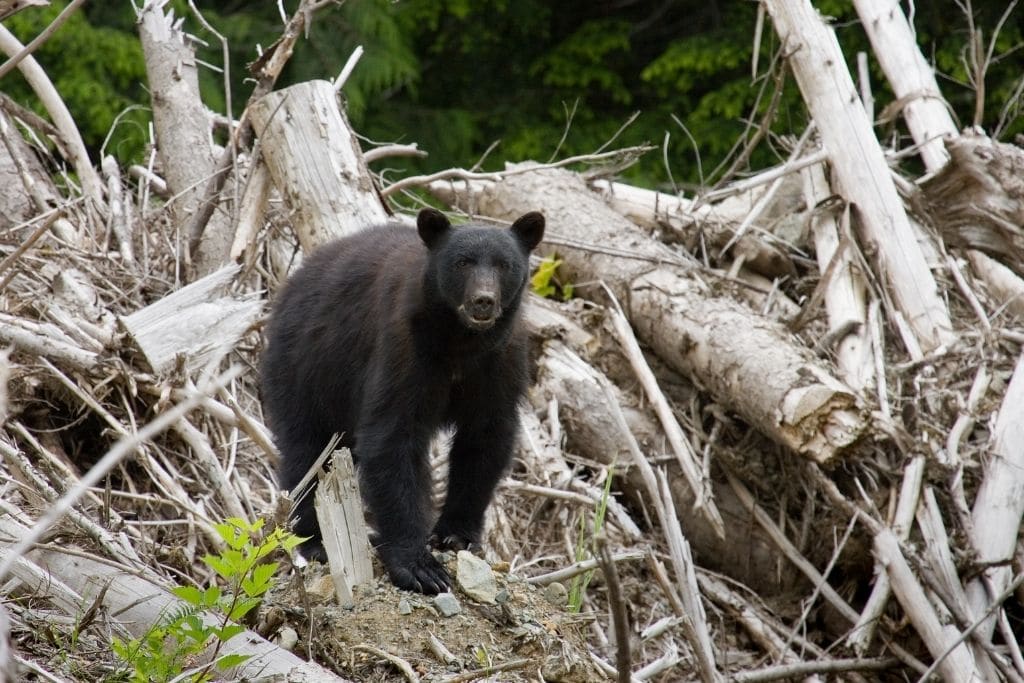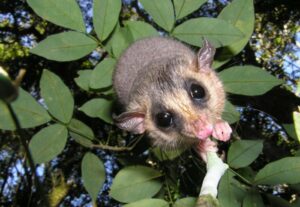Recent research highlights the profound effects of climate change on ecosystems worldwide, emphasizing the urgent need for conservation and sustainable practices. Discoveries related to biodiversity loss, ecosystem resilience, and climate adaptation strategies are critical in addressing these environmental challenges.

One alarming finding is the accelerated rate of biodiversity loss. For instance, the Amazon rainforest, often called the “lungs of the Earth,” has seen significant deforestation and species decline. The decline of amphibian populations, such as the Golden Toad in Costa Rica, which went extinct due to habitat loss and climate change, illustrates this issue. Similarly, pollinators like bees and butterflies are declining rapidly; the Rusty Patched Bumblebee is now endangered in North America. Protecting habitats and reducing pollutants are essential to restoring these populations.
Despite these challenges, some ecosystems and species demonstrate remarkable resilience. For example, certain coral reefs in the Pacific Ocean have shown an ability to adapt to rising sea temperatures and acidification. These resilient reefs can serve as genetic reservoirs for restoration projects. In forest ecosystems, species like the European beech tree are migrating to higher altitudes in the Swiss Alps in response to warmer temperatures. However, human intervention is necessary to facilitate the movement of less mobile species and preserve biodiversity corridors.
Research on climate adaptation strategies is crucial for effective environmental responses. The restoration of degraded ecosystems, such as the large-scale reforestation projects in Brazil’s Atlantic Forest, has shown promising results in enhancing biodiversity and carbon sequestration. Wetland restoration projects in Louisiana are helping to protect against coastal erosion and provide habitat for wildlife. Adaptive management practices in agriculture, like those implemented in India’s Andhra Pradesh where farmers use crop diversification and sustainable farming techniques, enhance resilience to climate impacts and contribute to environmental health.
Addressing climate change and biodiversity loss requires international cooperation. For example, the conservation of the Monarch butterfly, which migrates between Canada, the United States, and Mexico, depends on coordinated efforts across these countries. Integrating indigenous knowledge, such as the land management practices of Australian Aboriginals, with modern science can create holistic and effective conservation strategies.
Discoveries on climate change impacts highlight the urgency and opportunity for action. By embracing conservation, sustainable practices, and global collaboration, we can preserve our planet’s biodiversity and ensure a sustainable future for all. The resilience of nature, coupled with innovative adaptation strategies, provides hope for overcoming the environmental challenges ahead.
